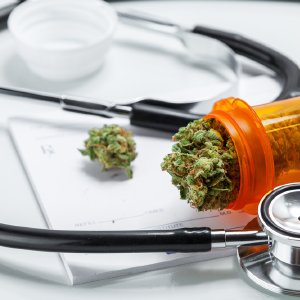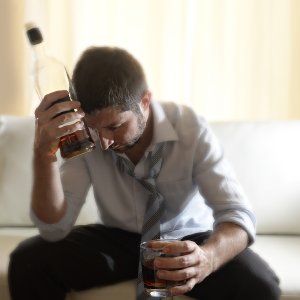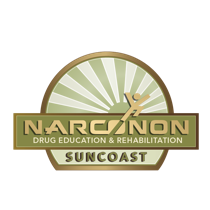Marijuana and Alcohol’s Impact on Addiction
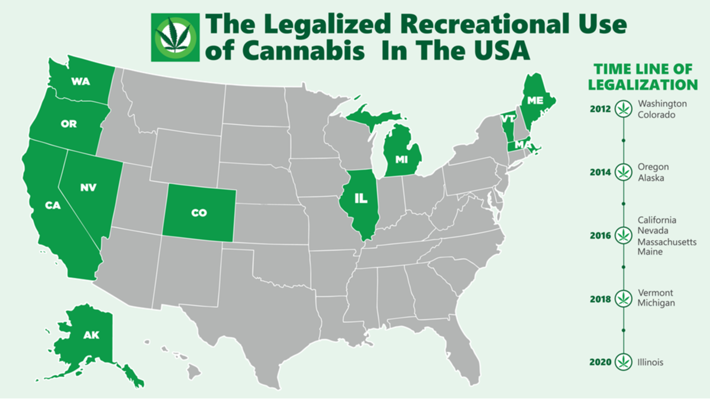
Marijuana is now legal for recreational purposes in 11 states and is trending towards that outcome in many others. Alcohol is already ingrained in our society and culture. What do these socially accepted drugs do to impact the ongoing drug crisis that has seen millions of Americans suffer from addiction every year? While marijuana receives the label of the ‘gateway’ drug by many, I think it can be easily argued that the true gateway drug has and will always be alcohol. Regardless of how you feel about that debate, both marijuana and alcohol are drugs that create a euphoric effect, impairment, and are widely accepted by our society as part of our culture. I will not argue that smoking a joint or having a few beers is more dangerous than injecting heroin or meth, but I do see another aspect of how these drugs affect our current fight against the opioid epidemic and the rising cases of overdoses with methamphetamine.
Speaking from my own experience battling an opioid addiction, I have made the choice never to use any substances such as alcohol or marijuana ever again. First and foremost, I have created a life for myself that has no need to include any substances because of the happiness I have found living completely drug-free. Secondly, I choose to protect the life that I have built for myself, and anything that I feel could put that in jeopardy is simply not worth the risk. Those are my choices based on my life experiences. Even if I did not work in the field of addiction, I would not consider using alcohol or marijuana given what I have overcome and how hard I have worked to overcome my past and thrive in life.
Unfortunately, drinking alcohol and smoking weed is one of the first traps many people attempting to overcome an addiction to harder substances fall into. I think it goes without saying that if a person identifies their drug of choice as alcohol or weed and are attempting to overcome those substances, they are not okay to use. But what about the heroin, meth, or coke addict? That is where lines can get blurred if folks are not careful. All too often, I hear of people who are looking to get clean from one of those three substances who see no problem in continuing to drink alcohol or smoke weed, justifying it by the fact they have never been addicted to those substances. While I see the logic someone can create here, because a heroin addict who has gotten clean and starts drinking very well may not become an alcoholic, it is foolish to think there is no great risk in doing so. Both alcohol and weed cause impairment that affects our ability to think rationally, and before a person knows it, they could be right back to justifying their drug of choice because of that impairment.
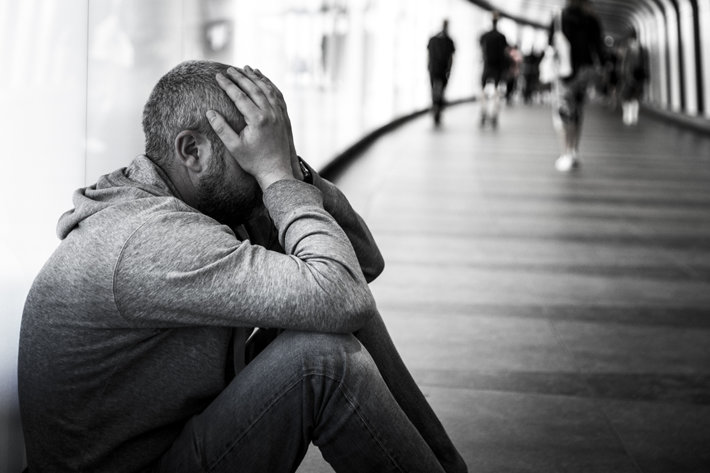
When I hear someone talking of a relapse, a very common theme is that it does not start with heroin or meth or cocaine or whatever that person’s drug of choice was, it starts with either weed or alcohol. Inhibitions are lowered, people get complacent with their recovery, and before they know it, the weed or alcohol has turned into a downward spiral back down the depths of addiction. A seemingly innocent beer or joint after a long day’s work manifests into something else, something far more terrifying and dangerous. It can happen in the blink of an eye, and not respecting the effect that alcohol or weed can have on a recovering addict has caused a lot of overdoses and untimely deaths. Someone is especially susceptible to an overdose after a relapse because of a lowered tolerance, and a person, like it or not, is more susceptible to a relapse of harder drugs if they start consuming alcohol or smoking weed. It is just that simple.
There is a deeper issue at the root of this problem. If a recovering heroin addict, for example, is dead set on continuing to smoke weed or drink alcohol after getting clean from the opiates, has the addiction truly been handled? I would argue it has not. Substance abuse, regardless of the substance, is at the core of an addiction. Creating a life where one can find the contentment, freedom, and peace from addiction should not require alcohol or weed. When a person finds that freedom from addiction and a life beyond the drugs, getting high or drunk becomes a far less appealing proposition. It takes a lot of hard work, commitment, and sacrifice to make a lifestyle change that leaves substance abuse behind. If a person is willing to do all of that, they will be willing to protect that life instead of putting it at risk by convincing themselves or others that drinking and smoking is a good idea.
